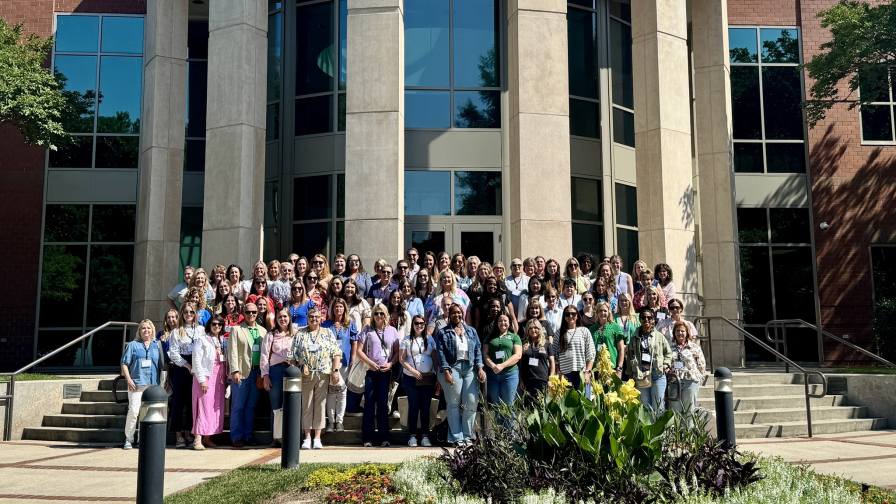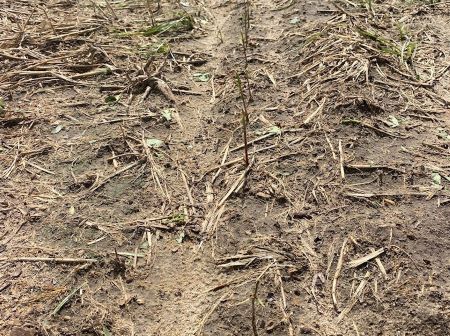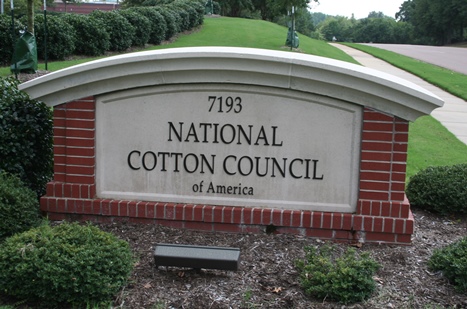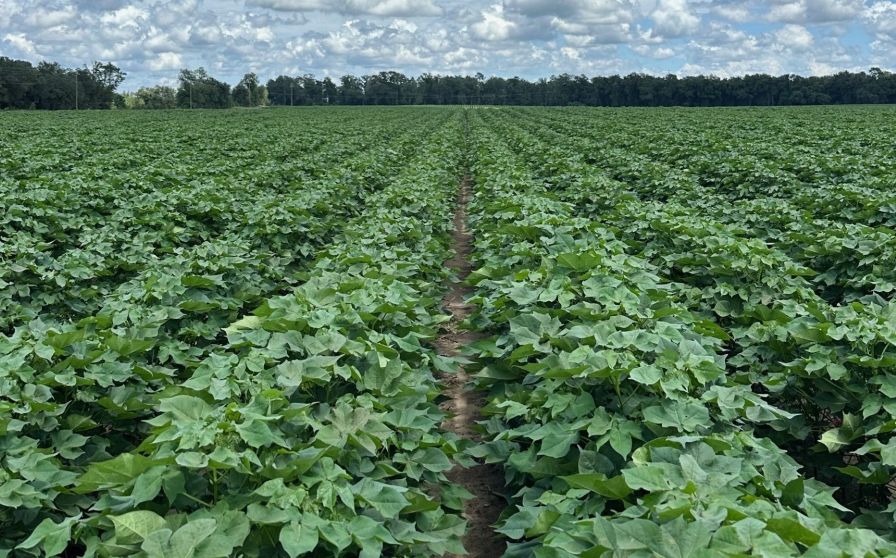Organic Cotton Forces a New Definition of Sustainability
By Peter Downs
Special to the Commercial Appeal
Organic cotton represents a tiny sliver of the world cotton market — less than 1 percent, according to estimates — but it is growing.
And with several major brands and retailers pledging to use organic blends in some product lines, organic cotton could become the fiber of choice for many consumers.
That has put the traditional cotton industry, which relies heavily on chemical inputs, on the defensive.
There are no more than 60 growers of organic cotton in the United States — and none in the Mid-South. Of that number, 40 are in West Texas and the others are in New Mexico, Arizona and California.
Organic businesses have been working to expand markets for organic cotton products worldwide, including major brands and retailers. Such efforts have contributed to a 10 percent increase in sales of organic bedding and clothing in 2009, as sales of nonorganics fell by 1 percent.
To counter the perception that organic is better for consumers and the environment, the Cordova-based National Cotton Council of America has joined with Cotton Inc. and other major agribusiness and farm commodity groups to come up with a definition of “sustainable” that they hope will become part of U.S. Department of Agriculture regulations much as a definition of “organic” did nearly a decade ago.
Even though the definition has not been completed, William Norman, vice president of technical services for the NCC, said “sustainable” will most assuredly not be synonymous with “organic.”
“There are conventional production systems that are more sustainable than some organic production systems, and there are some organic production systems that are more sustainable than some conventional production systems,” Norman said.
Or, as Janet Reed, associate director of environmental research for Cotton Inc., argues, chemical herbicides and pesticides and synthetic fertilizer can be part of sustainable agriculture.
“They help growers get higher yields using less land, less water, less fertilizer and less energy, while losing less soil,” she said.
(To see the full story in its original format, go to the Commercial Appeal website.)









